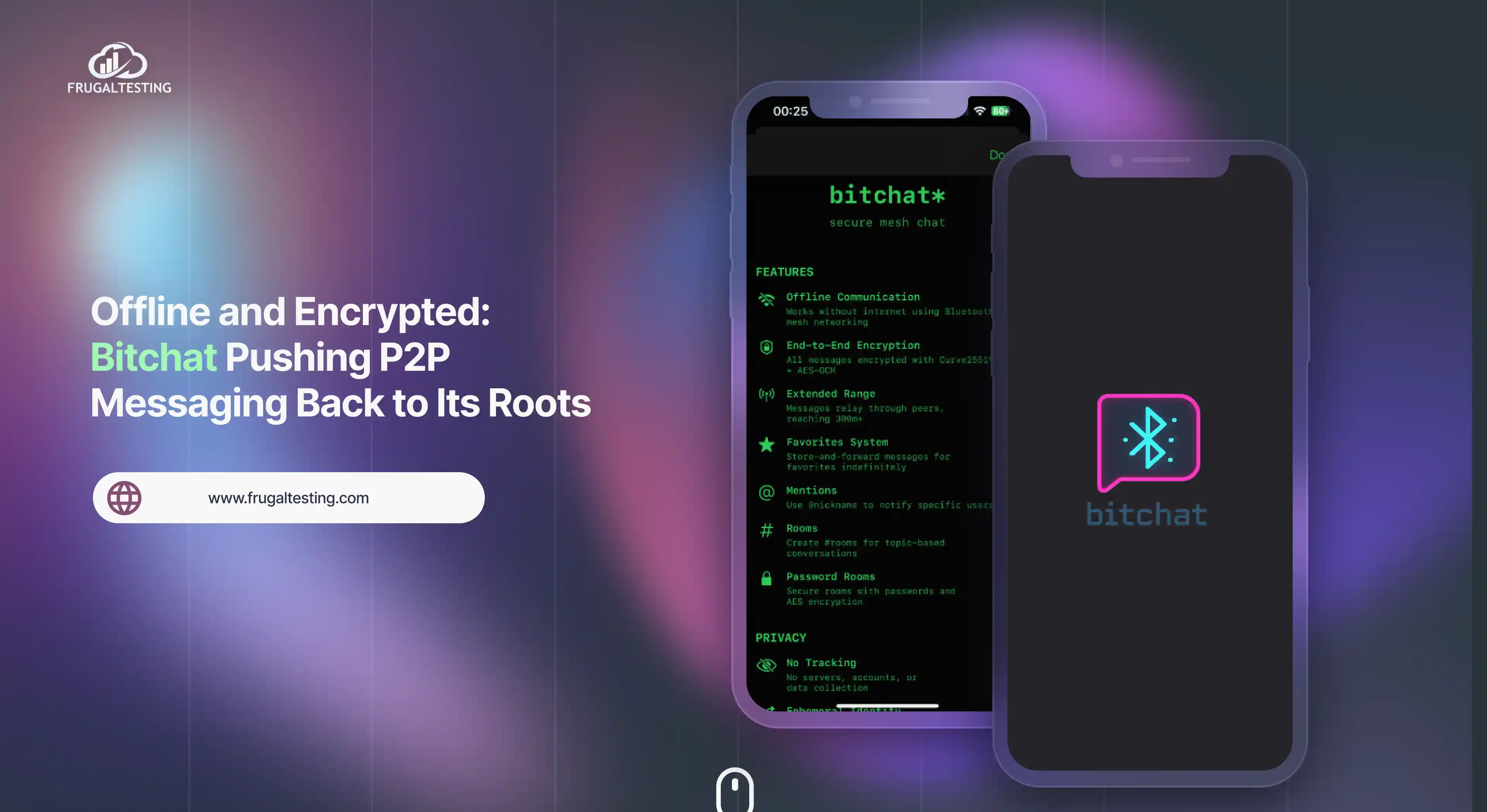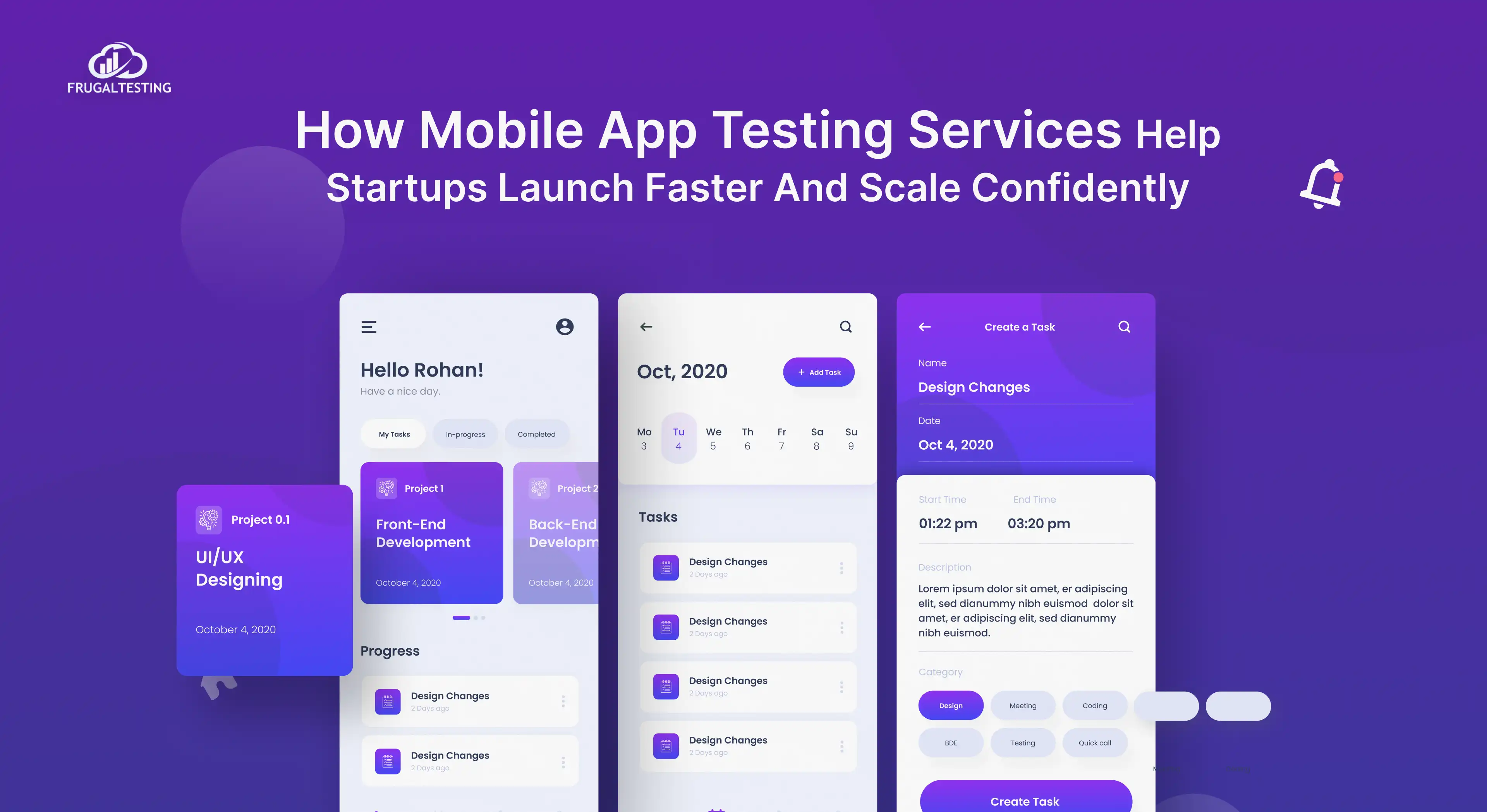Ensuring high standards for the application products is essential in the ever-changing software industry, quality matters a lot in software, and furnishing it's excellent is a big deal, especially with quality assurance. To provide top-notch quality throughout the software development process, businesses often rely on software testing companies.🚀
However, with the software testing industry constantly evolving with advanced technologies and methodologies like continuous testing, integration testing, load testing, and non-functional testing, choosing the right testing partner for your mobile application or software development project can be daunting.🛠️
This article aims to provide a comprehensive guide to finding the best software testing company in 2024. It covers essential questions to ask, and the latest methodologies, tools, and factors to consider before making a decision. It also highlights the significance of localization testing to meet the needs of diverse global markets.🌎
📌 Types of Testing: Functional, Regression, Performance, Security, Usability, Compatibility Testing.
📌 Methodologies: Black-Box and White-Box Testing, Automation Frameworks, Shift-Left Testing, Security Testing Tools.
📌 Top Tools in 2024: Selenium, Appium, Cypress, JMeter, Gatling, Postman, Jenkins, GitLab CI/CD, Docker, Kubernetes.
📌 Defect Management: Efficient defect reporting and bug tracking mechanisms.
📌 Quality Assurance: Meticulous planning, analysis, test case design, environment setup, execution, automation, monitoring, and collaboration.
📌 Pricing Factors: Strategic planning, resource utilization, continuous improvement, value-driven results, client-centric approach.
📌 Engagement Timelines: Depend on testing resource availability, project scheduling, and urgency of testing needs.
📌 Technological Awareness: Keeping up-to-date with the latest technologies and practices in software testing.
Which type of testing has the software testing company done?
During software testing, a range of methodologies are utilized to guarantee the quality, reliability, and functionality of software products. Let's explore some of the key types of testing to ensure a robust development process:
- Functional Testing
- Importance: Its importance lies in ensuring that software meets user expectations and performs tasks without errors, enhancing overall software quality. ✅
- Application: Throughout the software development lifecycle, it validates features and functionalities across multiple platforms like Windows, macOS, Linux, iOS, and Android.

- Regression Testing
- Importance: It plays a crucial role in maintaining software stability and integrity after modifications or updates, thereby enhancing software quality. 🔄
- Application: By incorporating regression testing into its process, it guards against unintended side effects of code changes, using automation testing tools for efficiency.🔍

- Performance Testing
- Importance: Its significance lies in identifying performance bottlenecks, scalability issues, and system limitations before deployment, contributing to the success of high-performing software products. ⏱️
- Application: By employing performance testing, it ensures software applications can handle expected user loads and deliver a smooth user experience across various platforms.🚀
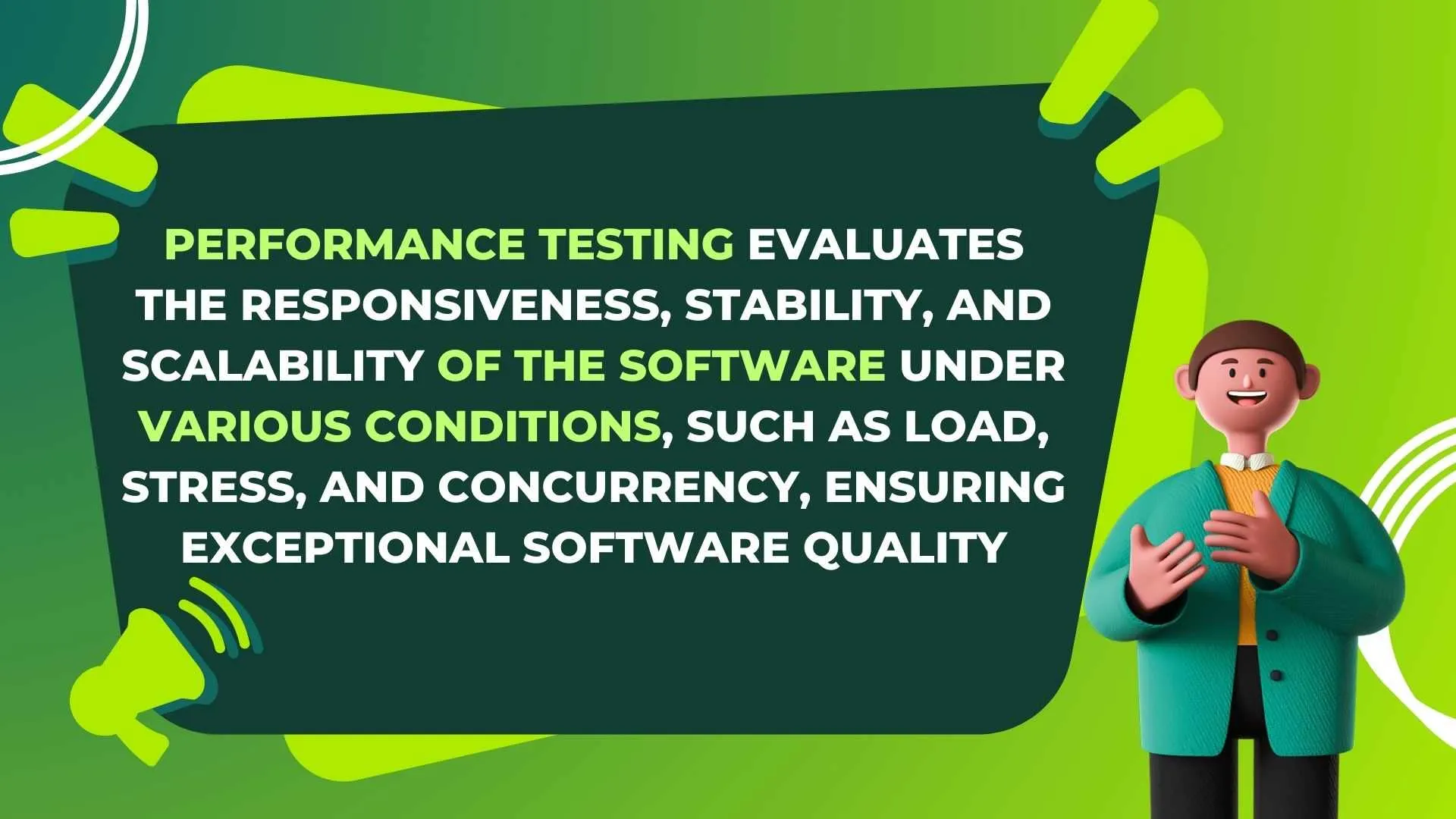
- Security testing
- Importance: Security testing protects sensitive data, mitigates security risks, and ensures compliance with industry regulations, enhancing overall software quality.🔒
- Application: It identifies and addresses potential security loopholes, vulnerabilities, and threats in software systems, maintaining trust with real users.🛡️
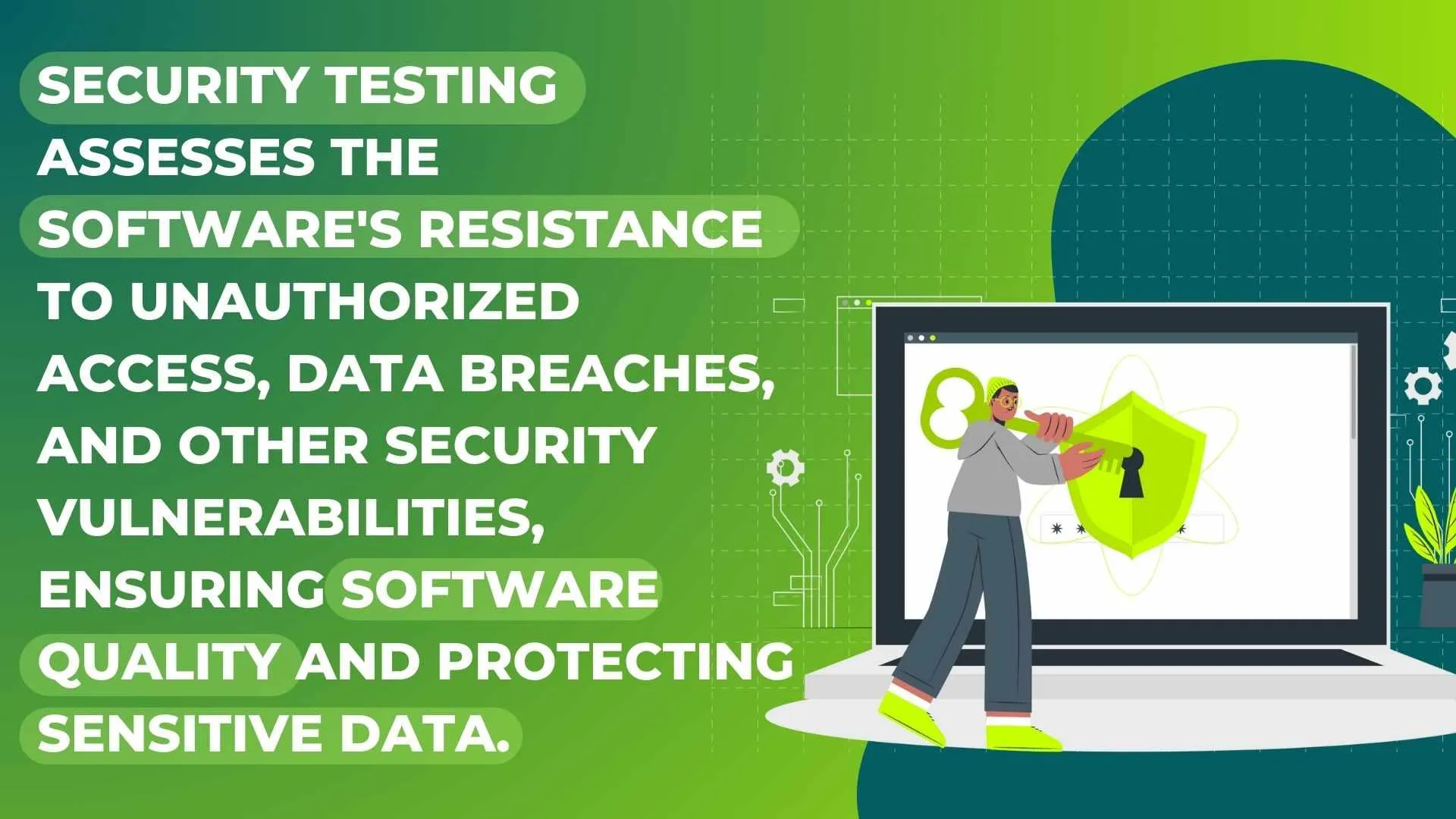
- Usability Testing
- Importance: Usability testing enhances user satisfaction, minimizes user errors, and improves overall user experience, contributing to the success of user-friendly software products. 🌟
- Application: By incorporating usability testing, it ensures software interfaces are intuitive and meet user expectations across different devices.🖥

- Compatibility Testing:
- Importance: Ensures consistent performance and functionality across diverse platforms and configurations, contributing to exceptional software quality.🔄
- Application: Make sure that the company conducts compatibility testing to verify that software products can operate seamlessly across various environments, enhancing accessibility and usability for real users.🌐

What are the latest testing methodologies used by your company?
Keeping pace with evolving technologies is imperative in the realm of software testing. Inquire about the methodologies employed by the testing team. Look for mentions of cutting-edge techniques such as
- Black-Box Testing: Ensures seamless user experiences across diverse devices and operating systems by assessing software functionality without internal knowledge.🖥️
- White-Box Testing: Optimizes response times and robustness across network speeds by evaluating internal software logic and structure.📶
- Automation Frameworks: Enhances content delivery efficiency, particularly for video streaming services, by implementing automated testing solutions to reduce manual effort.🚀
- Shift-Left Testing: Involves moving testing activities earlier in the software development lifecycle to detect and prevent defects sooner. It integrates testing with development using techniques like test-driven development and continuous integration, enhancing quality and efficiency.🔄
- Security Testing Tools: Safeguards sensitive data during payment processes through secure channels and encryption protocols, offering seamless Internet banking integration.💰
By employing these advanced methodologies, the testing team addresses challenges like seamless streaming, frame rate optimization 🔍, and managing user feedback, delivering high-quality software solutions meeting modern user demands.👨💻

Best Tools and Frameworks Nowadays Testers are using in 2024.
As companies strive to deliver high-quality software products efficiently, testers use a variety of constantly shifting frameworks and technology. Let's explore the top tools and frameworks used by companies' testers in 2024.🛠️
- Test Automation Frameworks
- Selenium: Robust and flexible for web app testing, offering a wide range of testing services. 🌐
- Appium: Cross-platform compatibility for mobile app testing, catering to diverse platforms and devices. 📱
Cypress: Fast execution and end-to-end testing for modern web apps, ensuring thorough accessibility testing. ⚙️
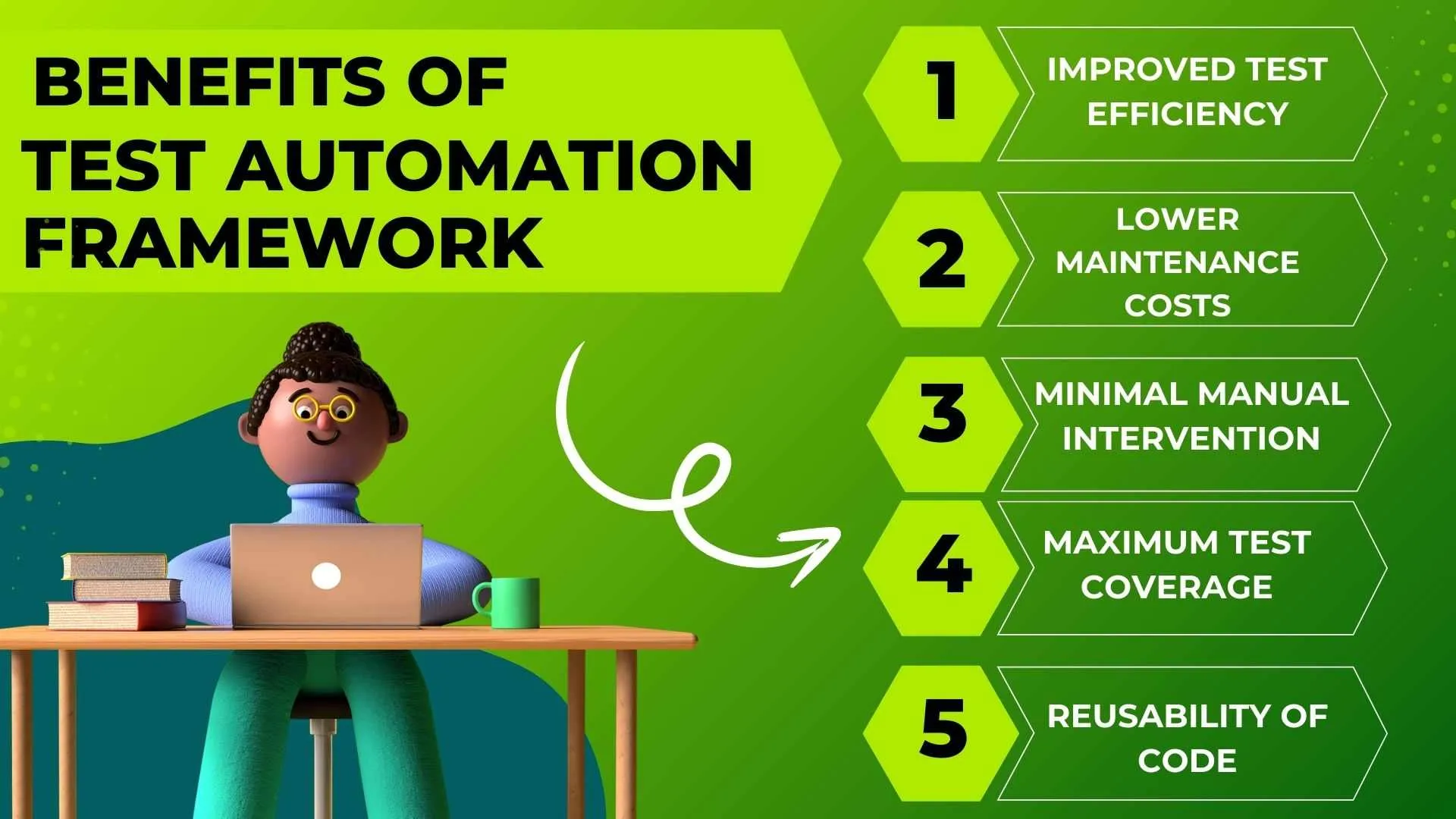
- Performance Testing Tools
- JMeter: Simulates real-world scenarios for load testing, ensuring applications can handle expected user loads across a broad range of conditions. 🚀
- Gatling: Lightweight and scalable, ideal for high-traffic web apps, with a proven track record of performance testing success. 📊

- API Testing Tools:
- Postman: User-friendly interface and support for automated workflows, facilitating penetration testing of APIs. 🛠️
- REST Assured : Concise testing framework for Java-based projects, enabling efficient API testing with an internal team.💼
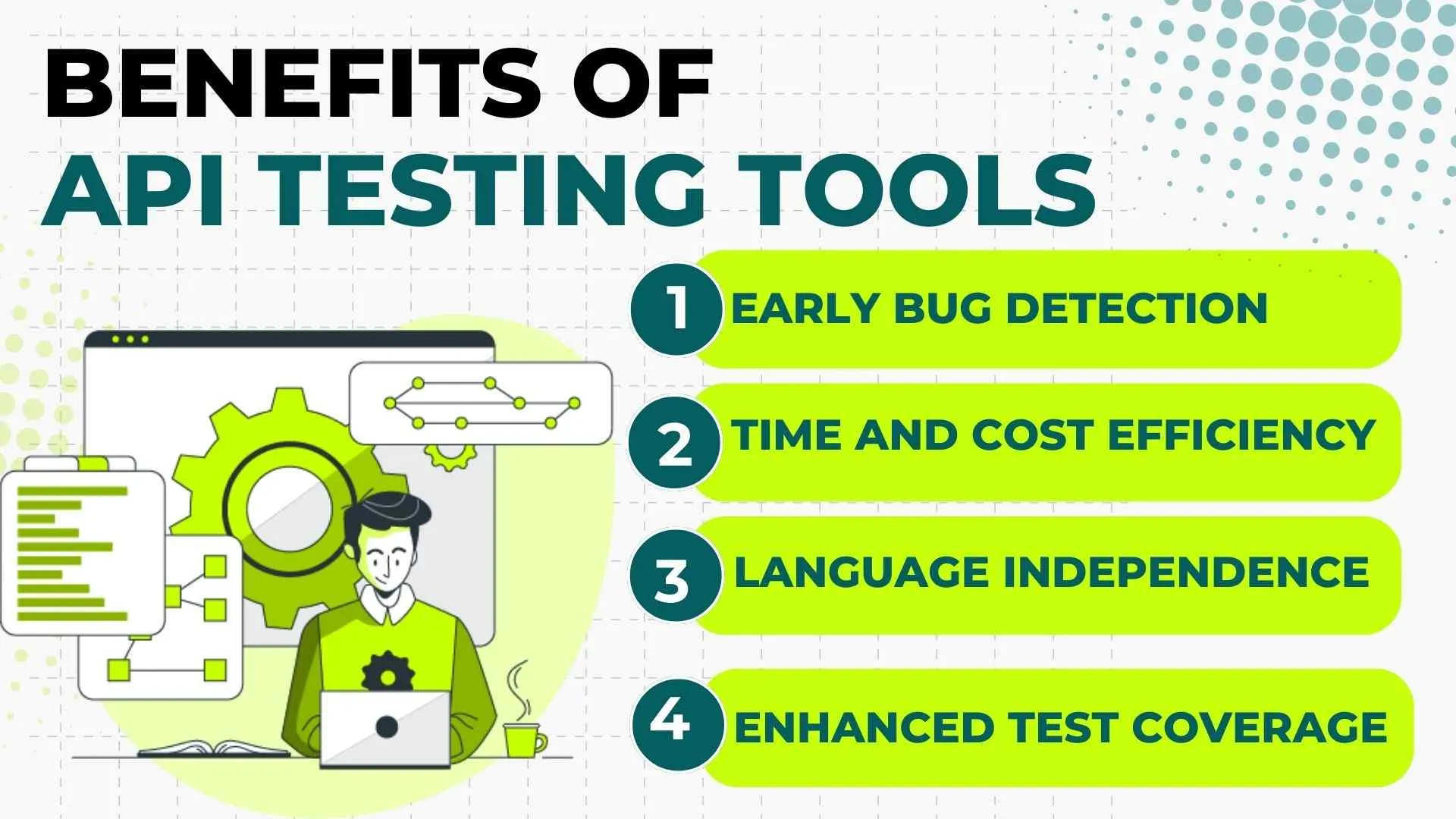
- Continuous Integration and Deployment (CI/CD) tools:
- Jenkins: Automates build, test, and deployment processes, serving as a key player in continuous integration and delivery.🔄
- GitLab CI/CD: Integrated capabilities for seamless testing and deployment, offering a broad range of features for efficient software delivery. 🚀
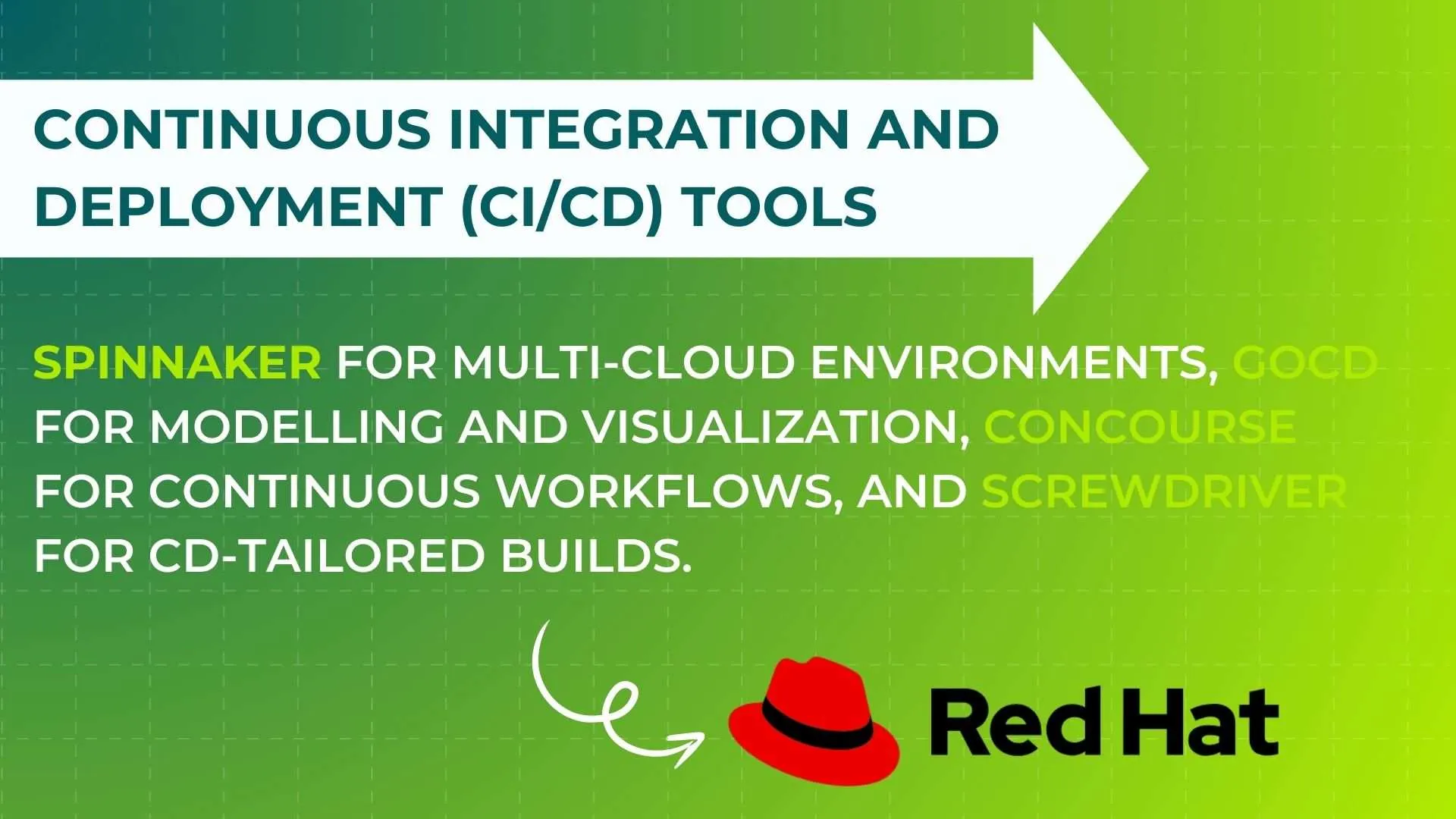
- Containerization and Orchestration Tools:
- Docker: Lightweight containerization for consistent testing environments, enabling reliable testing across different setups.🐳
- Kubernetes: Scalable orchestration of containerized applications, ensuring smooth deployment and testing in complex environments.🚢
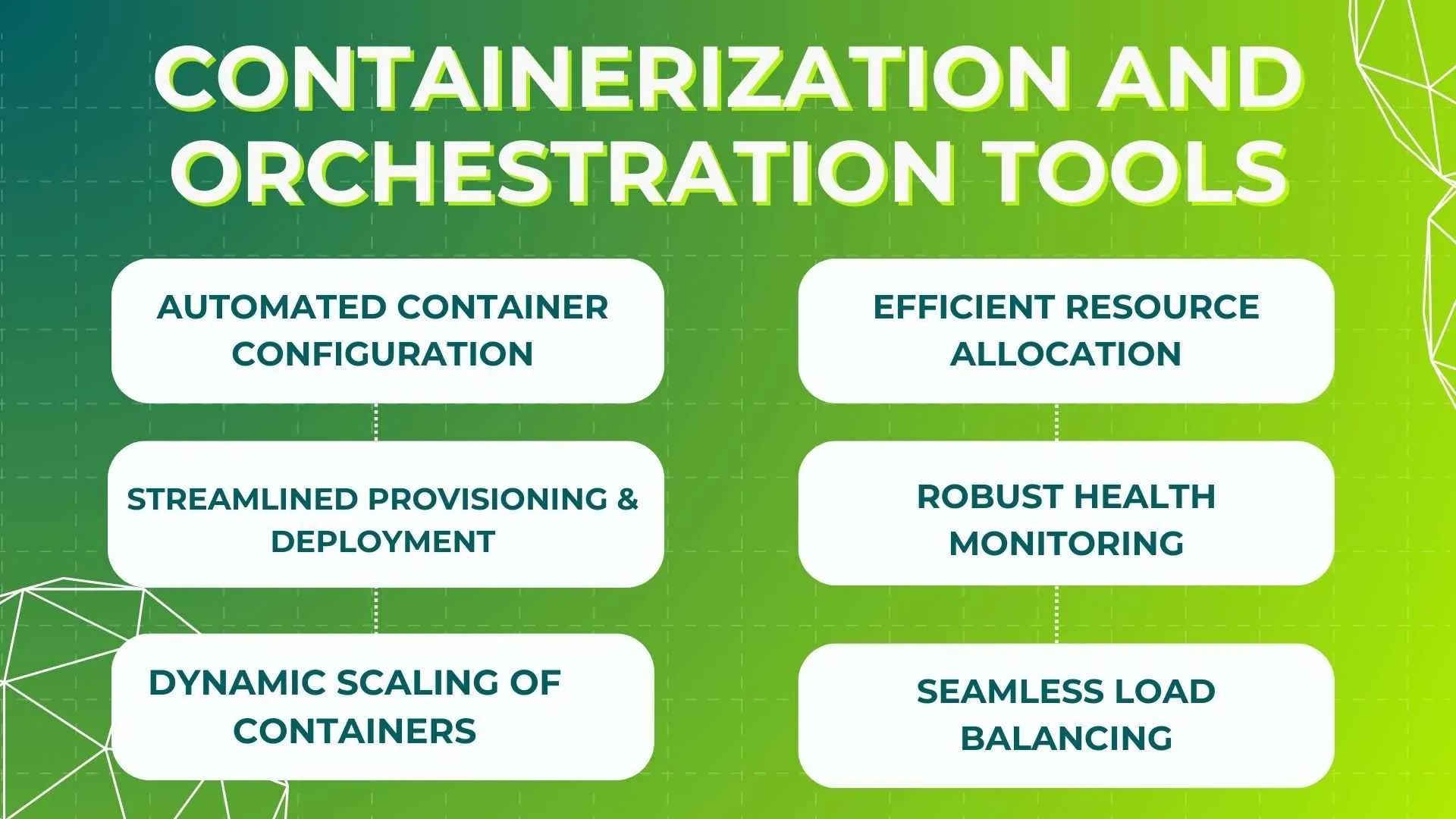
How does the company handle defect reporting and bug tracking?
Efficient defect reporting and bug tracking mechanisms are indispensable for a seamless testing process. A reputable company should have robust systems in place for identifying, documenting, and resolving issues. Key aspects to consider include:
- Defect Life Cycle Management: Efficient management from detection to resolution maintains product quality and provides valuable insights into the software development process. 🔄
- Bug Reporting Protocols: Clear protocols streamline documentation, categorization, and prioritization, ensuring quality assurance services are delivered effectively and aligned with business goals. 📝
- Communication Channels: Utilizing tools like feedback portals and automated notifications fosters collaboration for swift issue resolution, demonstrating a commitment to quality and enhancing mobile app testing for mobile applications. 📲
What measures does the company take to ensure the quality of its testing processes?
Ensuring quality is paramount in software testing. It's crucial to delve into the methodologies and practices adopted by the company to uphold the reliability and accuracy of its testing processes. Here are the measures taken to ensure the quality of testing processes:
- Test Planning and Strategy: The company meticulously plans its testing approach, ensuring alignment with project goals. Quality Assurance remains central, maintaining high standards throughout.📋
- Requirements Analysis: A thorough analysis of requirements is conducted to accurately reflect system functionality. Development teams collaborate closely with QA specialists. 🔍
- Test Case Design: Comprehensive test cases covering all system aspects are created for exceptional quality assurance. 📝
- Test Environment Setup: Dedicated test environments mirroring production conditions are established for accurate testing. 🛠️
- Test Execution: Tests are executed meticulously, ensuring repeatability and traceability.🚀
- Test Automation: Repetitive tests are automated for efficiency and accuracy, reducing human error. 🤖
- Continuous Monitoring and Improvement: Testing effectiveness is continuously monitored, with processes refined based on metrics and feedback.📊
Collaboration and Feedback: Collaboration and open feedback are fostered to maintain exceptional service and quality.💬
What factors influence the pricing of the software testing services?
Examining the cost structure is crucial for budget planning when considering testing services. Factors influencing the pricing of testing services include:
- Strategic Planning: Companies like Frugal Testing tailor pricing based on project scope, complexity, and client-specific requirements, ensuring alignment with budget plans.🎯
- Efficient Resource Utilization: Optimization of resource allocation and automation adoption allows for competitive pricing structures, driven by efficient resource management.⚙️
- Continuous Improvement: Commitment to project excellence leads to continuous improvement initiatives, reflected in pricing structures that prioritize ongoing enhancements and quality assurance. 📈
- Value-driven Results: Pricing reflects the outcomes delivered, emphasizing enhanced product quality and customer satisfaction.💡
- Client-Centric Approach: Pricing models are designed to align with client needs and budget constraints, fostering trust and collaboration throughout the engagement. 🤝
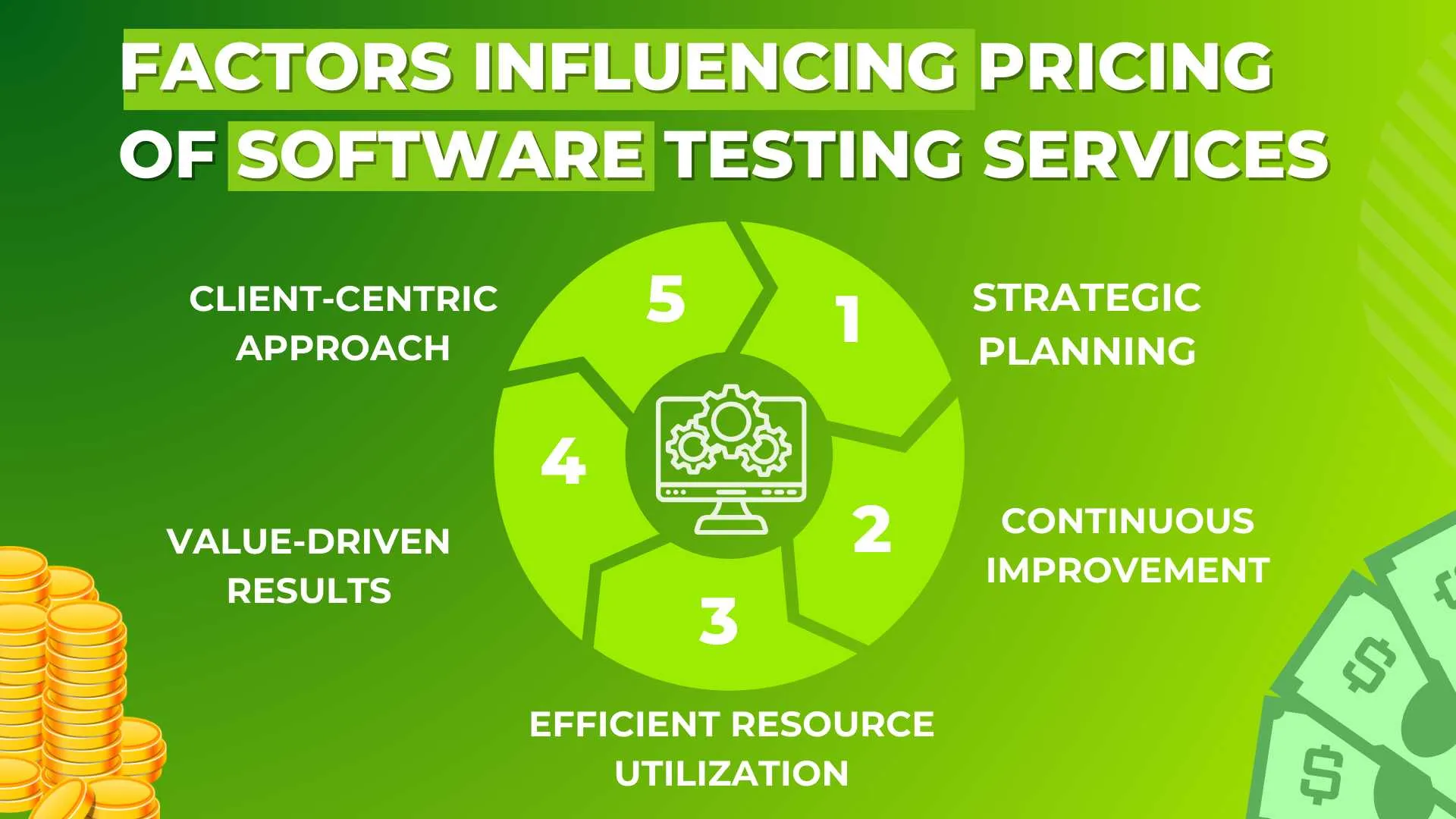
What are the typical timelines for engaging your company's services?
Time is of the essence in software development projects. Gain insights into the typical turnaround times for engaging the services of the testing company. Factors that may influence timelines include:
- Testing Resource Availability: Timely engagement of testing services relies on the availability of skilled professionals and testing tools, crucial for ensuring Quality Assurance services within development cycles.
- Project Scheduling and Coordination: Effective project scheduling aligns testing activities with development stages, enabling thorough testing of core functionalities and basic features through coordination between development and testing teams.
Utilizing automation testing tools and open-source tools, such as automation testing tools and independent software testing resources, ensures seamless integration of testing into the development process. 🗓️
- The Urgency of Testing Needs: High-priority projects may demand quick checks or in-depth analysis to ensure quality experiences across devices. Testing teams can quickly address urgent testing needs, ensuring timely detection and resolution of any issues that may affect user experiences. 🚨
Engaging testing services promptly ensures smooth playback and exceptional user experiences, facilitated by methodologies like OTT Testing, optimizing buffer fill time and addressing performance issues for seamless streaming experiences.📱 With access to skilled professionals and cutting-edge technology, organizations can meet their testing needs promptly and deliver high-quality software products to their users.👨💼

Software Testing Company's Awareness of Latest Technologies and Practices
Software testing companies must stay updated with the latest software technologies and testing practices to ensure their services remain relevant and effective. Key considerations include:
- Cross-browser Automation Strategy: Ensure you select a testing company that implements a solid strategy for cross-browser testing to guarantee smooth operation across different platforms and minimize user experience issues. 🌐
- Device-to-Device Compatibility: Pick a testing company that thoroughly tests device-to-device compatibility to ensure seamless interaction and consistent performance across a variety of devices. 📱
- Comprehensive Coverage: Choose a testing company that conducts thorough evaluations of software functionality based on customer requirements and common use cases to ensure all aspects are covered comprehensively. 💻
- Dashboard Functionality: Make sure you pick the right testing company that tests dashboard functionality rigorously to meet your expectations and deliver valuable insights. 📊
- Buffer Time Consideration: Ensure you choose a testing company that factors in buffer times during testing to mitigate potential delays and uphold a seamless user experience. ⏳
- Content Quality Assessment: Pick a testing company that assesses content quality to meet user standards and ensure a satisfactory experience. 📝
- Testing Checklist: Select a testing company that follows a meticulous testing checklist to systematically conduct all necessary tests and avoid overlooking critical areas.✅
By incorporating these considerations into their testing processes, software testing companies can deliver high-quality services that meet the evolving needs of their clients.

Summary
Software testing is a dynamic and demanding field, therefore companies must choose their testing partners carefully. By understanding the latest methodologies, tools, and factors influencing the testing process, companies can ensure the quality, reliability, and success of their software products.
Whether it's functional testing to validate features, performance testing to identify bottlenecks, or security testing to protect sensitive data, the right testing company will play a crucial role in achieving these goals.
Stay updated with the latest tech for top-notch results. By considering these factors, you'll make a smart choice for your testing needs.
People also asked
👉 What types of software testing services does your company offer?
Our company offers a comprehensive range of software testing services including manual testing, automated testing, performance testing, security testing, usability testing, and more.
👉 How to ensure thorough testing coverage?
We ensure thorough testing coverage through a combination of manual and automated testing techniques, rigorous test planning, requirement analysis, test case design, and continuous monitoring and feedback loops.
👉 How can we evaluate the success of our collaboration with your company?
Success can be evaluated through various metrics including defect detection rate, test coverage achieved, adherence to timelines, customer satisfaction surveys, and meeting predefined quality standards.
👉 How do you handle urgent testing requirements?
We have a dedicated team and flexible resources to handle urgent testing requirements. Our streamlined processes allow us to prioritize urgent tasks without compromising on quality.
👉 What is the general structure of your company?
Our company follows a structured approach with specialized teams for each phase of software testing. This includes dedicated teams for manual testing, automation testing, performance testing, and security testing, and a project management team overseeing the entire process.





%201.webp)
